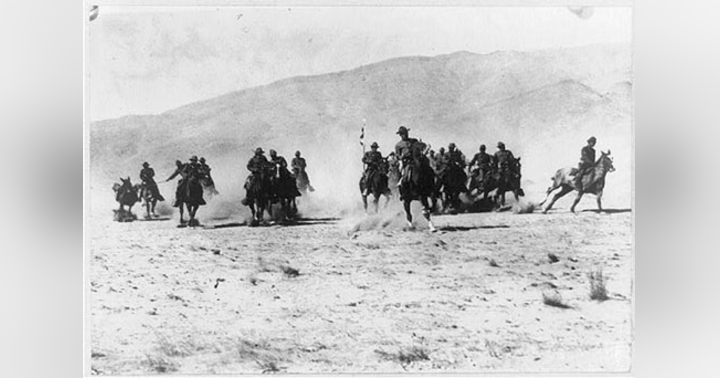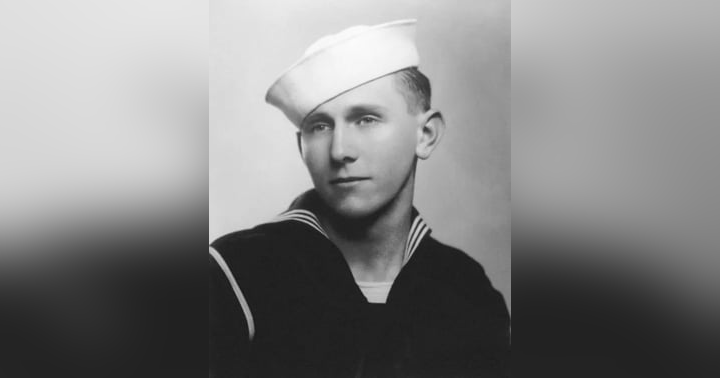Memorial Day: Honoring the Sacrifices and Celebrating American Heritage

Memorial Day is a significant and solemn occasion in the United States, observed annually on the last Monday of May. It is a day when the nation pays tribute to the brave men and women who made the ultimate sacrifice while serving in the U.S. military. Beyond its historical significance, Memorial Day also marks the unofficial start of summer and provides an opportunity for Americans to gather, reflect, and celebrate their shared heritage. In this blog post, we will delve into the rich history of Memorial Day and explore the various ways in which it is celebrated across the nation.
A Historical Perspective:
The roots of Memorial Day can be traced back to the aftermath of the American Civil War (1861-1865), one of the most significant and devastating conflicts in U.S. history. As the war claimed the lives of hundreds of thousands of soldiers, both Union and Confederate, communities across the country began organizing remembrance events to honor the fallen.
The first widely recognized observance of Memorial Day, then known as Decoration Day, took place on May 30, 1868. General John A. Logan, the commander-in-chief of the Grand Army of the Republic, proclaimed this day as a time for "strewing with flowers or otherwise decorating the graves of comrades who died in defense of their country." The choice of May 30 was deliberate, as it did not coincide with any battle anniversary.
Evolution of Memorial Day:
Initially, Decoration Day primarily focused on honoring those who had perished in the Civil War. However, as subsequent conflicts arose, the commemoration evolved to encompass all fallen American soldiers. In 1971, Memorial Day was officially recognized as a federal holiday and moved to the last Monday of May to create a three-day weekend.
Today, Memorial Day serves as an occasion to honor the memory and sacrifice of all men and women who died in military service. It is a solemn reminder of the high cost of freedom and the debt owed to those who laid down their lives to protect the nation.
Observances and Traditions:
Across the United States, Memorial Day is commemorated through a variety of observances and traditions. National cemeteries, such as Arlington National Cemetery in Virginia, witness solemn ceremonies where volunteers place American flags on each gravesite. Many families also visit cemeteries to decorate the graves of their loved ones, paying their respects and leaving flowers or wreaths.
Parades are another integral part of Memorial Day celebrations. Dating back to the late 19th century, these parades feature military units, veterans' organizations, and community groups marching through city streets, often accompanied by patriotic music. Communities also host memorial services, speeches, and religious ceremonies to remember and honor the fallen.
In recent years, Memorial Day has also become synonymous with barbecues, picnics, and outdoor activities. Families and friends gather to enjoy the long weekend, reflecting the spirit of unity and togetherness that the sacrifices of the fallen have helped preserve.
Reflection and Remembrance:
While Memorial Day includes elements of celebration, it is crucial to maintain the solemnity and reflect upon the true meaning of the day. Observing a moment of silence at 3:00 PM local time has become a customary practice to honor the fallen soldiers. It is a time to remember their courage, selflessness, and unwavering commitment to protecting the nation and its values.
Memorial Day is a significant American holiday that brings together a mix of remembrance, gratitude, and celebration. As the nation pays tribute to the brave men and women who made the ultimate sacrifice, it is a poignant reminder of the price of freedom and the debt owed to those who served.


